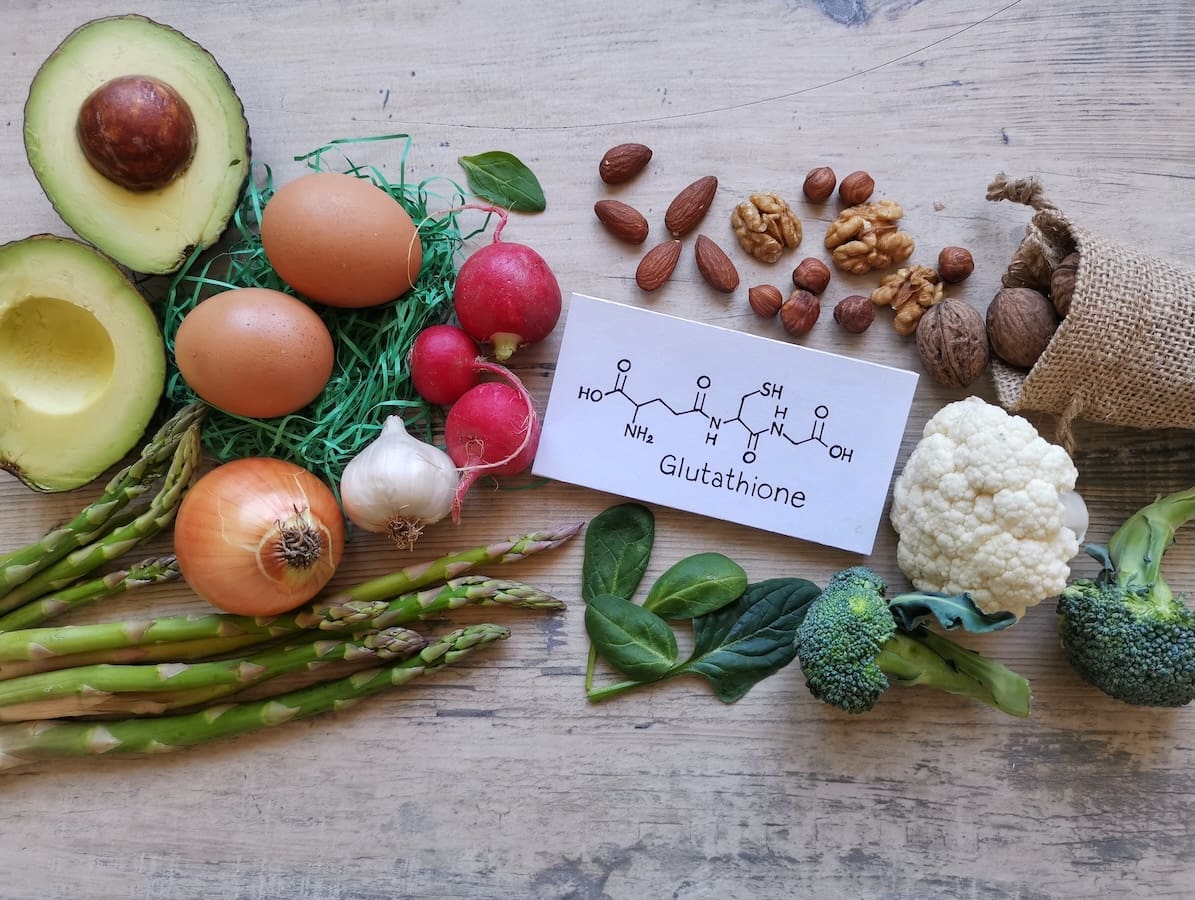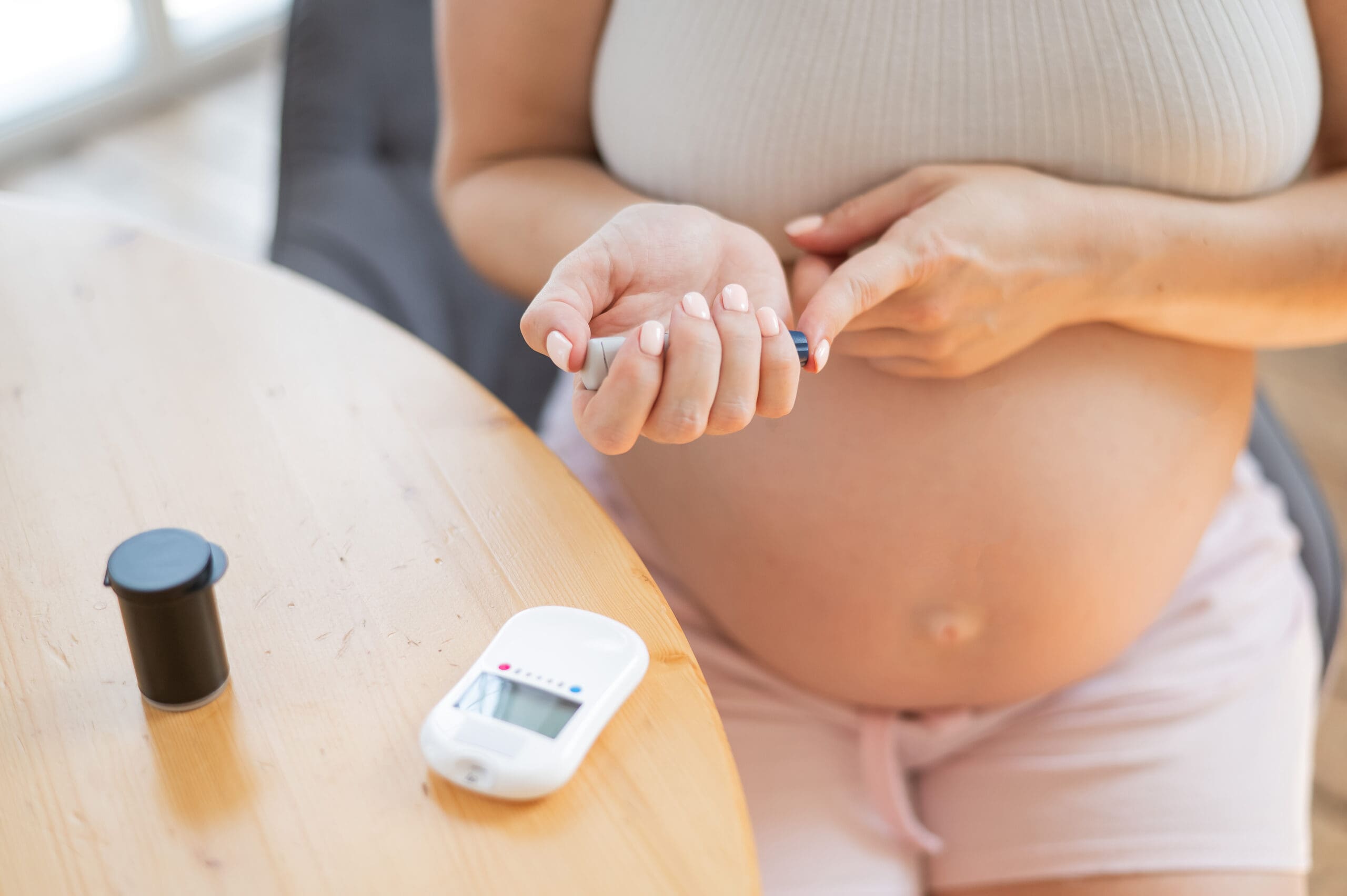Women with autoimmune disease at higher risk of having an autistic child
By naturopath Margaret Jasinska
A recent study has found that women with an autoimmune disease are up to three times more likely to have a child with autism than the general population. The autoimmune diseases included in this study were coeliac disease, type 1 diabetes and rheumatoid arthritis.
Autism is a complex medical condition and there are a large number of risk factors. Autoimmune disease is common and the vast majority of women end up having children who don’t have autism. Research like this helps increase our understanding of immune system problems.
Coeliac disease is an autoimmune disease whereby ingestion of gluten causes damage to the lining of the small intestine. This can cause digestive problems such as bloating and diarrhoea, however many cases of coeliac disease cause no digestive symptoms at all, yet damage still occurs to the body. In type 1 diabetes the immune system attacks the insulin producing cells of the pancreas, leaving the body unable to manufacture sufficient insulin. In rheumatoid arthritis the immune system attacks the joints, causing pain, immobility and eventually structural changes.
Autoimmune diseases are extremely common and they are more common in women than men. Other examples of autoimmune diseases are Hashimoto’s thyroiditis (causing an under active thyroid), Graves’ disease (causing an over active thyroid), ulcerative colitis and Crohn’s disease (affecting the digestive tract), multiple sclerosis, lupus and others.
Research carried out at the Johns Hopkins University collected data on 3,325 Danish children diagnosed with autism spectrum disorder. The children were born between 1993 and 2004. The data showed that women with an autoimmune disease are more likely to have a child diagnosed with autism. The increased risk for mothers with type 1 diabetes was a little less than double; for rheumatoid arthritis it was 1.5 times, but for coeliac disease it was more than three times greater.
Autoimmune disease causes a great deal of inflammation and tissue damage in the body; the inflammation can affect the developing foetus while in its mother’s uterus. Women with coeliac disease are also more prone to giving birth prematurely and having a small birth weight baby. Both of those factors are associated with an increased risk of autism. Additionally, coeliac disease often causes significant nutritional deficiencies in a woman, which are not corrected by a standard pregnancy multi vitamin supplement. These deficiencies can compromise the health of the immune system of the developing foetus.
Autism is a multi-faceted condition, but authorities agree that immune dysfunction is a major component. Approximately 80 percent of your immune system is located in your digestive tract; therefore digestive problems affect your immunity as a whole and your child’s immunity if you become pregnant.
Fortunately there is a lot that can be done to correct immune system function and improve outcomes in autoimmune disease. This particular study referred to undiagnosed or untreated coeliac disease. If a coeliac sticks to a gluten free diet 100 percent of the time, heals gut inflammation and addresses nutritional deficiencies that go hand in hand with the condition, their children are not at increased risk of autism. For more information see our book Healing Autoimmune Disease: A plan to help your immune system and reduce inflammation.
PODCAST
Dr Sandra Cabot chats to Sonia, the mother of a 4 year old boy named Jett who has an Autism diagnosis. Jett is Dr Cabot’s patient and she has made changes to his diet and prescribed mineral supplements. Sonia noticed improvements in Jett’s behaviour within 4 weeks of starting on supplements, the biggest change being fewer meltdowns, as well as better focus and improved speech.










Leave A Comment